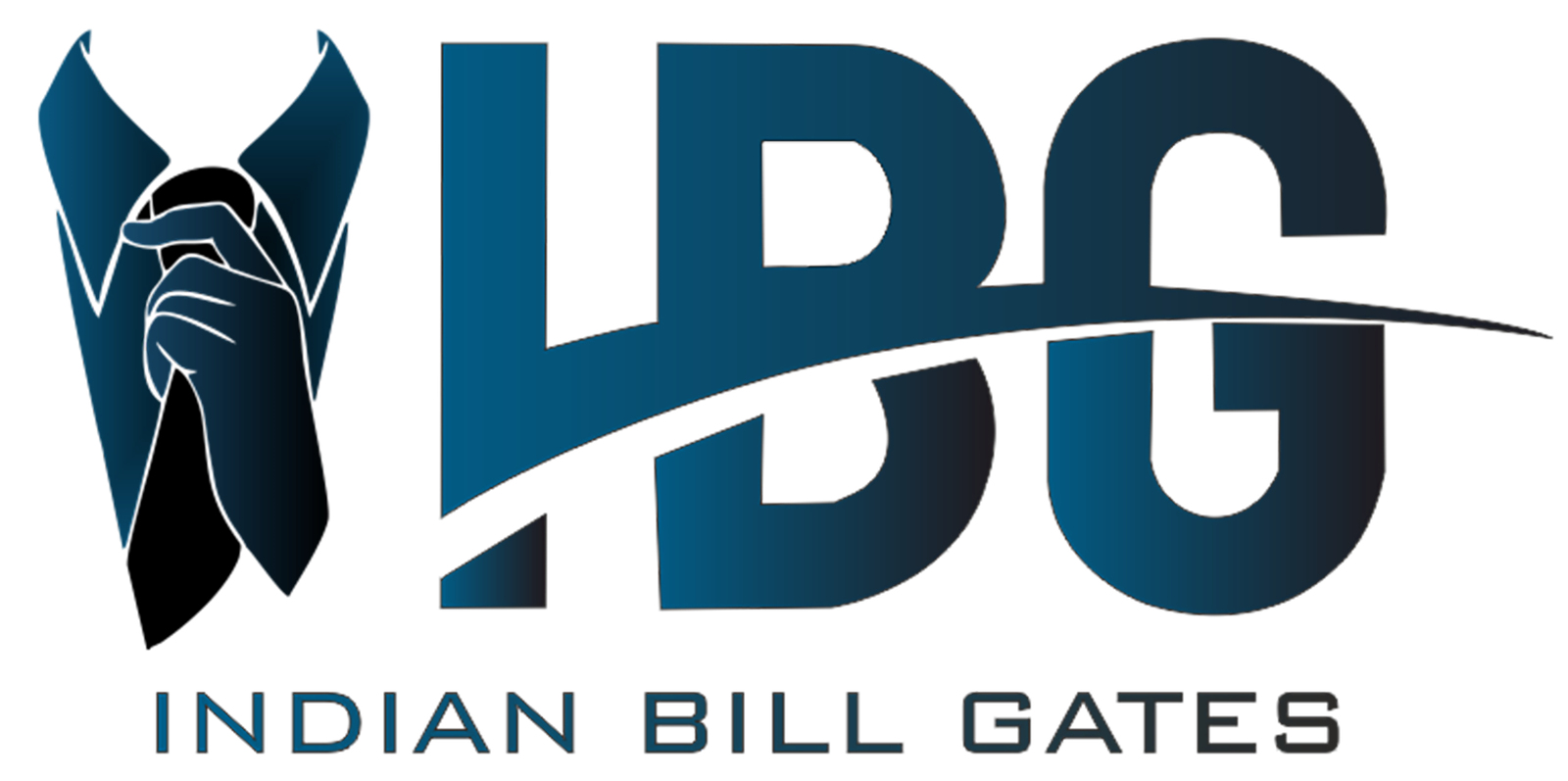Billionaire Gautam Adani’s conglomerate is set to become the largest shareholder of New Delhi Television (NDTV), with a nearly 38% stake in the Indian news broadcaster.

However, a battle for control of one of the few media outlets still relatively critical of Prime Minister Narendra Modi’s government looms, as NDTV’s founders — who opposed the politically astute billionaire’s acquisition bid — remain its second-largest shareholder.
According to the most recent data available from the National Stock Exchange of India Ltd, investors offered to sell slightly more than 5.3 million shares to the Adani Group, or roughly one-third of the total open offer size, when the share purchase period ended on Monday.
If the ports-to-power conglomerate accepts the offered shares, its shareholding will increase to 37.5 percent, according to Bloomberg News calculations, from the current 29.2 percent that the group acquired indirectly in August. The stake purchase triggered this open offer to purchase an additional 26% of NDTV’s minority shareholders. The identities of those who offered to sell their shares are unknown.
Prannoy Roy, a member of India’s first generation of television journalists, and his wife, Radhika Roy, still own about 32% of the broadcaster they founded in the 1980s. Following Adani’s open offer, NDTV’s shareholding pattern will consist of two large shareholders, raising the possibility of a control conflict.
According to Akil Hirani, managing partner of Mumbai-based Majmudar & Partners, any acquirer in such a situation can increase its shareholding to more than 50% over a few years via the so-called creeping acquisition route under Indian law.
“In the short term, the acquirer could also vie for board control through the appointment of additional directors, which is a few months at most if the matter does not end up in court,” Hirani said.
The acquisition of NDTV is a part of the Adani Group’s rapid growth drive as the tycoon looks to expand outside of his coal-based businesses into data center’s, cements, airports, green energy, digital services, and now media.


No responses yet